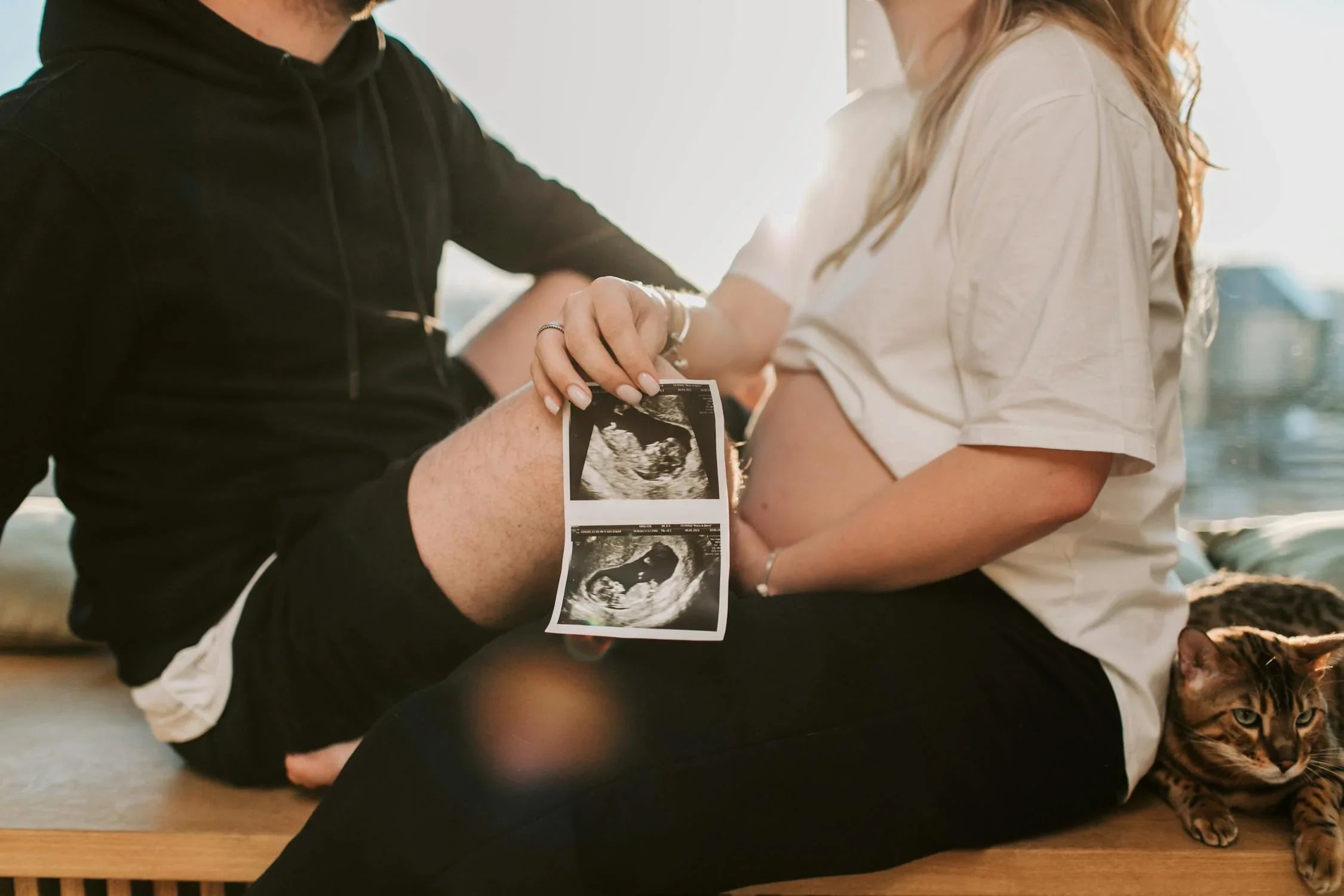Home
Pregnancy, Breastfeeding, and Pumping: The Ultimate Guide for Moms
When Is the Earliest to Do a Pregnancy Test: A Comprehensive Guide

When Is the Earliest to Do a Pregnancy Test: A Comprehensive Guide
Are you eagerly waiting to find out if you're expecting? Knowing when to take a pregnancy test can make all the difference in getting accurate results. This guide will walk you through the earliest possible time to test, the science behind it, and how to maximize your chances of getting a reliable answer.
Understanding How Pregnancy Tests Work
Pregnancy tests detect the presence of human chorionic gonadotropin (hCG), a hormone produced after a fertilized egg attaches to the uterine lining. This hormone doubles every 48 to 72 hours in early pregnancy, making it a reliable marker for detection. Most tests are designed to identify hCG in urine, though blood tests can also be used for earlier and more precise results.
When Can You Take a Pregnancy Test?
The earliest you can take a pregnancy test depends on the sensitivity of the test and the timing of implantation. Implantation typically occurs 6 to 12 days after ovulation, and hCG production begins shortly after. Some highly sensitive tests can detect hCG as early as 7 to 10 days post-ovulation, but waiting until after your missed period increases accuracy.
Factors Affecting Early Detection
Several factors influence how early a pregnancy test can provide accurate results. These include the sensitivity of the test, the concentration of hCG in your urine, and the timing of implantation. Testing too early may result in a false negative, even if you are pregnant, because hCG levels may not yet be detectable.
Types of Pregnancy Tests
There are two main types of pregnancy tests: urine tests and blood tests. Urine tests are convenient and can be done at home, while blood tests are performed in a medical setting and can detect pregnancy earlier. Both types have their advantages, but urine tests are the most commonly used due to their accessibility and ease of use.
Tips for Accurate Testing
To maximize the accuracy of your pregnancy test, follow these tips: use your first-morning urine, as it contains the highest concentration of hCG; read the instructions carefully; and wait until after your missed period to test. If you receive a negative result but still suspect you're pregnant, wait a few days and test again.
Common Misconceptions About Early Testing
Many people believe that all pregnancy tests can detect pregnancy immediately after conception. However, this is not the case. It takes time for hCG levels to rise to a detectable level, and testing too early can lead to inaccurate results. Understanding this process can help manage expectations and reduce unnecessary stress.
When to Consult a Healthcare Provider
If you receive a positive pregnancy test result, it's important to consult a healthcare provider to confirm the pregnancy and begin prenatal care. If you experience symptoms of pregnancy but consistently receive negative test results, a healthcare provider can help determine the cause and provide guidance.
Taking a pregnancy test at the right time can provide peace of mind and help you plan for the future. By understanding the science behind pregnancy tests and following best practices, you can increase the likelihood of getting accurate results. Whether you're hoping for a positive or negative outcome, timing is key to unlocking the answer you're looking for.
Share

